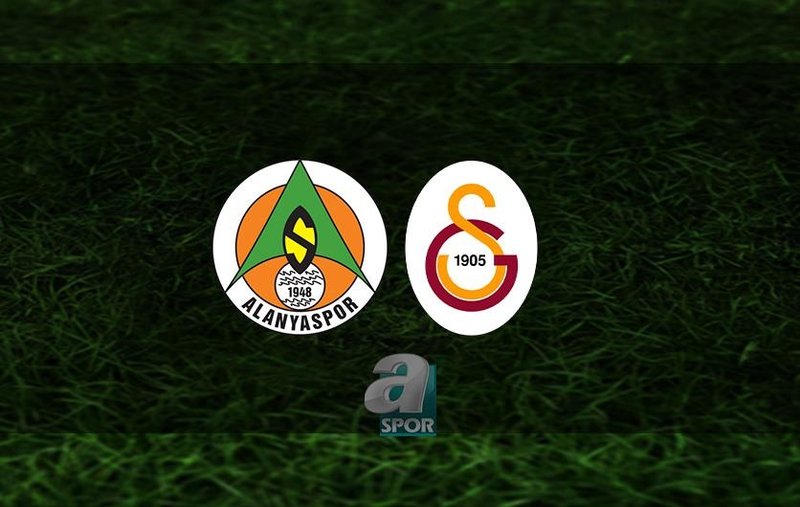Using radiation data from a great many patients, his Department of Clinical Physics and Radiotherapy has already succeeded in automatically creating a model for patients with breast cancer. A model that can process specific characteristics for each patient, resulting in an individual radiation plan. The studies he is starting are aimed at further improving radiation treatment using MRI imaging, which enables more accurate radiation, and artificial intelligence.
Coen Hurkmans: “The knife cuts both ways. By further automating the preparation, the radiation itself and the control, radiotherapists and lab technicians work more efficiently. This saves us costs. In addition, the quality of the treatment improves. Fifteen years ago, we irradiated a patient with prostate cancer 35 times with a low dose, but for some patients a treatment of prostate cancer is now sufficient. 5 high-dose irradiations.”
The working method with the model is now being used for some of the patients with breast cancer. It is expected that models will be available for all patient groups in five years’ time. Applying artificial intelligence in the clinic, Catharina Hospital and TU/e are leading the way nationally and internationally.
Innovative technology quickly in the clinic
The added value of the collaboration between the Catharina Hospital and TU/e is that innovative technology can be quickly applied in the hospital. Hurkmans: “Our department conducts research and stimulates the implementation of innovations. Such an acceleration to improve care fits within e/MTIC’s policy.” e/MTIC is the partnership of the Catharina Hospital, TU/e, Kempenhaeghe and Philips.
The professorship of Coen Hurkmans strengthens this collaboration. A total of seven medical specialists from the hospital now work as professors at TU/e. Are works in total 17 professors active in the Catharina Hospital. With his department, Coen Hurkmans wants to supervise up to five PhD students who are conducting clinical research.
Applied research
“We do applied scientific research. This is how you learn to understand new technologies. In addition, you keep the path short to application in the clinic,” he adds. In addition to PhD students, the Catharina Hospital also offers places for master’s students and qualified medical engineers, students in further education after a technical master’s degree. Eleven clinical physicists work at the Catharina Hospital, eight of whom are specialized in radiotherapy.

